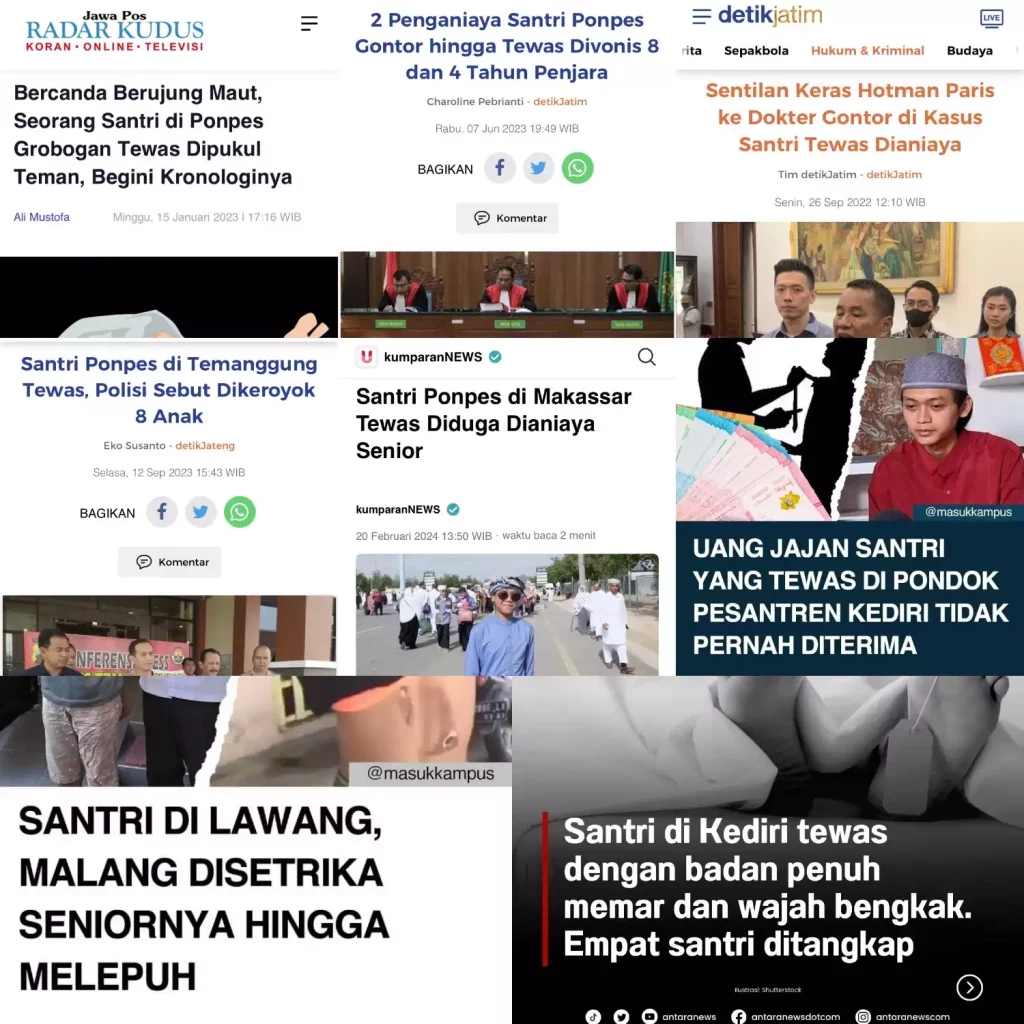UNAIR NEWS – The tragic incident at a boarding school in Kediri, which resulted in the death of Bintang Balqis Maulana (14) on February 24, 2024, has shocked the public. Based on the police reconstruction, the victim was assaulted by three senior students for three days at school. In response to this, Dr. Tuti Budirahayu Dra MSi, a lecturer in Education Sociology at UNAIR, believes that parental involvement and supervision are essential to reducing violence cases at boarding schools.
She described the phenomenon as a probable occurrence within the unique social framework of boarding schools, attributed to the distinct norms and values prevalent compared to typical educational institutions.
“There are established norms collectively agreed upon among the residents. Especially in boarding schools, senior students are usually given authority by the Kyai to administer punishment in case of violations,” the lecturer from the Faculty of Social and Political Sciences said.
“But the problem arises when the punishment leads to casualties, indicating an excessive measure,” she added.
Dr Tuti views the excessive violence leading to casualties occurs due to the lack of control from the boarding school management. It allows for the possibility of violence, bullying, and abuse within the boarding schools.
“The lack of effective control from the boarding school authorities, coupled with the distance from parental supervision, exacerbates the situation,” Dr. Tuti said.
Parents must monitor
In many cases, parents often put their children in boarding schools due to their perception of appropriate institutions. The image of boarding schools, often seen as capable of shaping morally upright graduates, seems to be the hope for many parents. However, it is common for parents to relinquish control once their children are at the boarding school.

Yet, such a perspective is somewhat misguided. Parents should still play a role in every aspect of their children’s education. Indeed, the attention from parents is crucial for children.
“Although there may still be some boarding schools that restrict interaction between parents and students, I find it inhumane,” Dr. Tuti said.
“Children still require affection and kindness values from them.”
Despite adopting religious values in their educational processes, there is still a possibility of friction among the students. Therefore, parental and managerial control becomes crucial. Inadequate supervision may trigger unrest in these interactions.
“There needs to be both internal and external control. In addition to parental affection and attention, there should be diverse positive activities to prevent children from getting bored. Therefore, the educational model in boarding schools needs to be improved,” she said.
Author: Syifa Rahmadina
Editor: Feri Fenoria
Read also:
UNAIR Sociologist: Brain drain phenomenon among LPDP awardee
Amidst swell of Indonesian citizens changing nationality, UNAIR Sociologist: Opportunity for govt improvement









